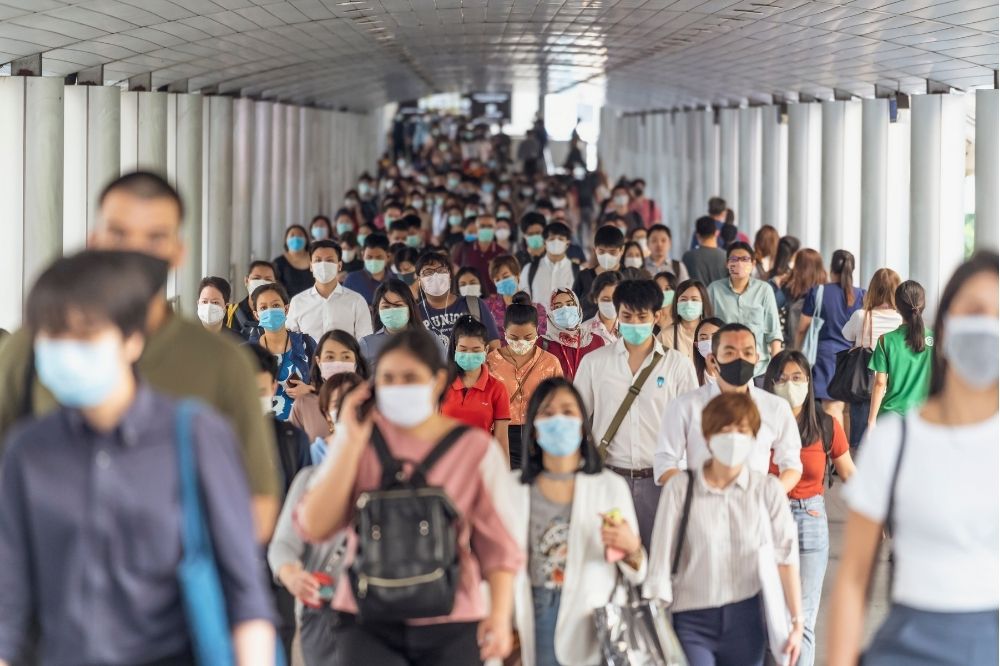Report details COVID-19’s impact on insurance space

“COVID-19 has affected three phases of property and casualty insurance – one being property coverage, the second being workers’ compensation coverage, and three, the marketplace stance on COVID-19 moving forward,” said Peter Jacavone, senior vice president, assistant sales manager and construction practice group leader at Starkweather & Shepley.
The insurance market was already facing challenges prior to the pandemic, and those challenges have only grown, the report said.
“Carriers have added broader exclusions to their policies to show that COVID-19 is an excluded cause of loss moving forward,” Jacavone said. “For example, most carriers on profitable clients are still looking for a larger premium increase on good accounts. This is very similar to what is happening in the housing market, with inflated pricing across the line.”
Cyber risk has also increased thanks to a largely remote workforce.
“We see more demanding requirements from carriers to offer cybersecurity coverage,” Jacavone said. “One example would be multi-factor authentication for all company users. I believe that the insurance market will take some time to rebound moving forward.”
P&C saw some of the biggest changes in the commercial space during COVID-19, the report said. With many businesses having to close or severely curtail their revenue, the number of claims for coverage like business interruption has increased. Many carriers are denying claims under this clause, stating that there has been no direct physical damage to businesses to interrupt their revenue and output, the report said.
Read next: Starkweather & Shepley acquires insurance agency, names new board members
In the general liability space, this has translated to the addition of communicable disease exclusions, which address the spike of claims of both employees and third parties contracting COVID-19 on an insured’s property. Because of those exclusions, many insureds are forced to spend out of pocket to fight the allegations against them – a costly and ineffective use of the insured’s revenue, Starkweather & Shepley said.
With large portions of the workforce still working remotely, having a risk control plan in place can help in all sectors of insurance, the report said.
“We have seen a great deal of employers unequipped to handle the challenges COVID-19 has brought to the forefront of the health and safety community,” said Jonathan Cuneo, loss control specialist at Starkweather & Shepley. “One of the top trending issues we saw during the COVID-19 outbreak was companies challenging to navigate handling COVID-19 outbreaks in the workplace because of the lack of safety programs.
“Having a strong and clear safety program allows companies to set their expectations for work practices and behaviors. Businesses need to specify [to] employees how they intend to handle adverse situations, while making sure the message is clear. The health and safety of employees is at the forefront of their operations, no matter the unexpected adversities.”





